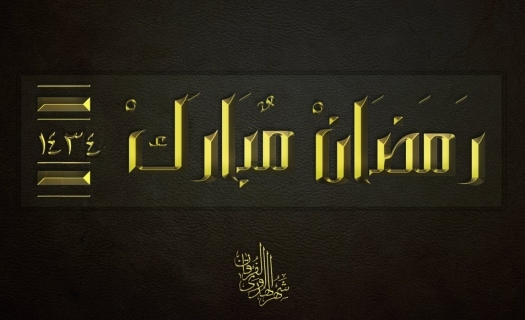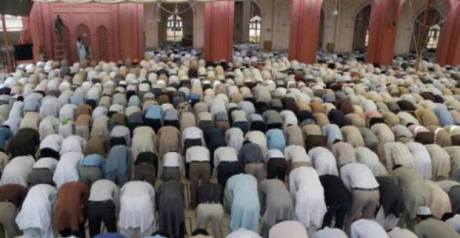Another Benefit of Believing in the Unseen The goal of our fasting is to be a righteous person, as what
Continue reading

Another Benefit of Believing in the Unseen The goal of our fasting is to be a righteous person, as what
Continue reading
Admonition of Ramadan: Feed the Fasting Person All praises be to Allah, peace and prayer of Allah be upon Prophet
Continue reading
Admonition of Ramadan: Don’t Leave the Compulsory Prayers! All praises be to Allah, peace and prayer of Allah be upon
Continue reading